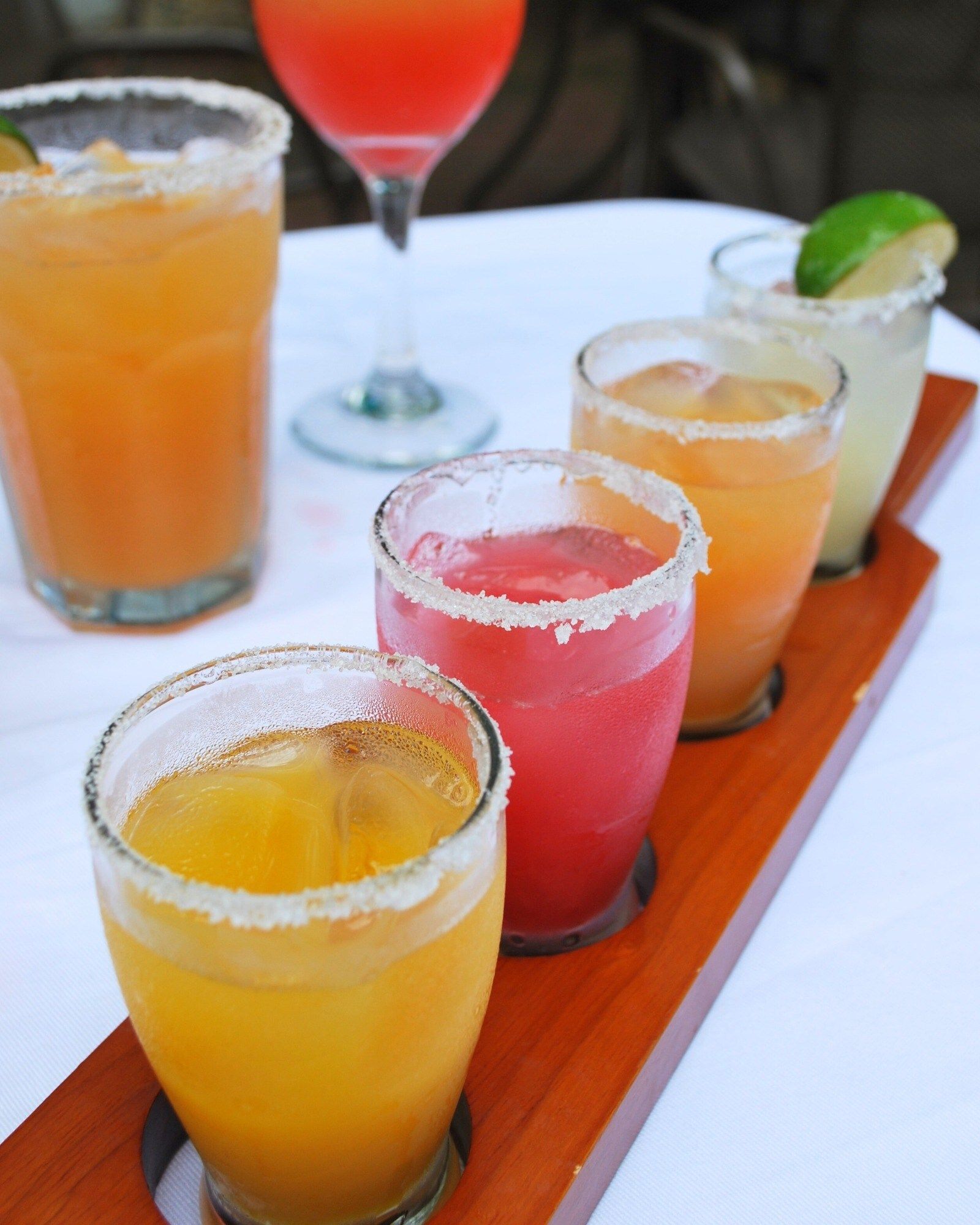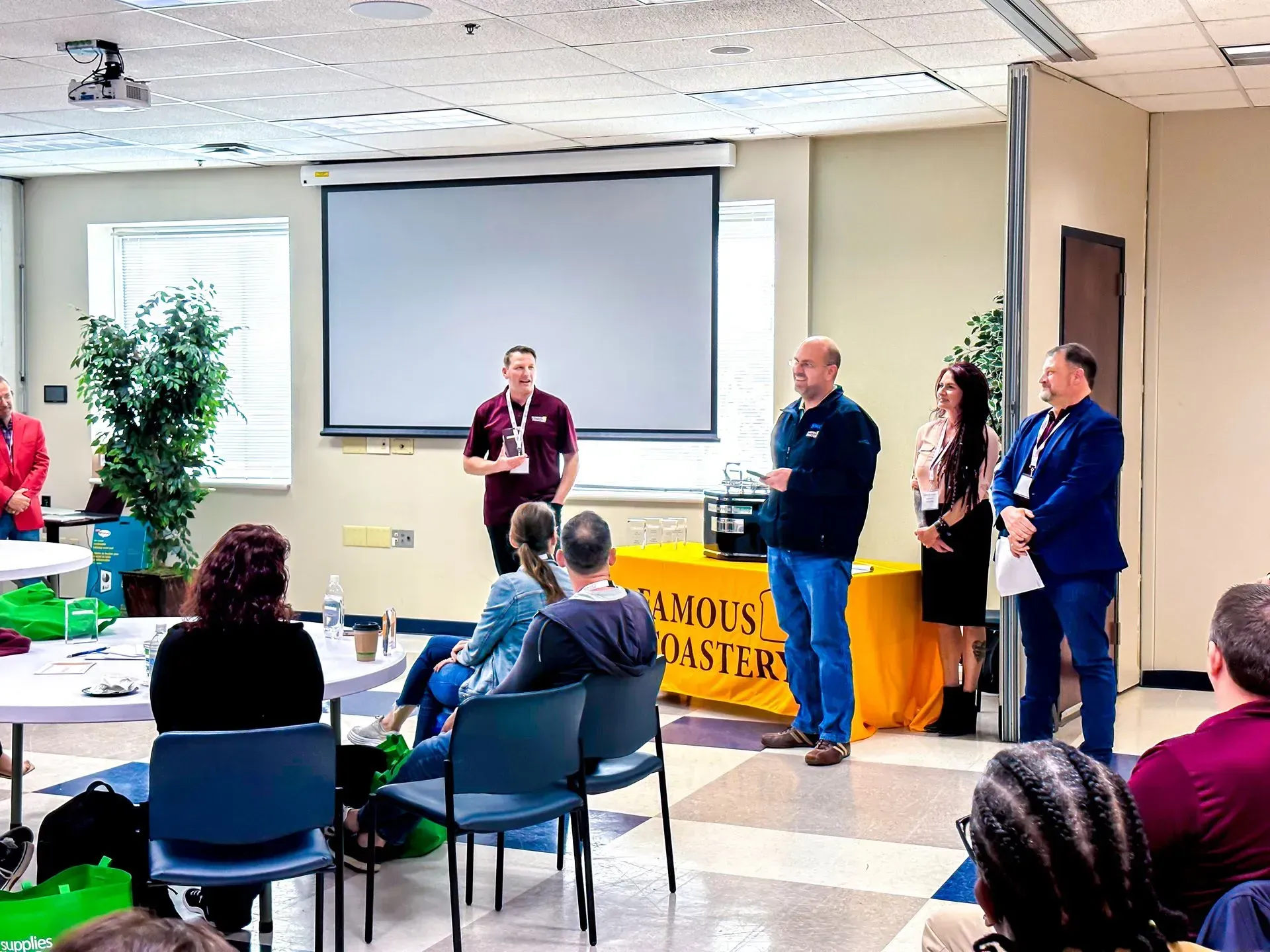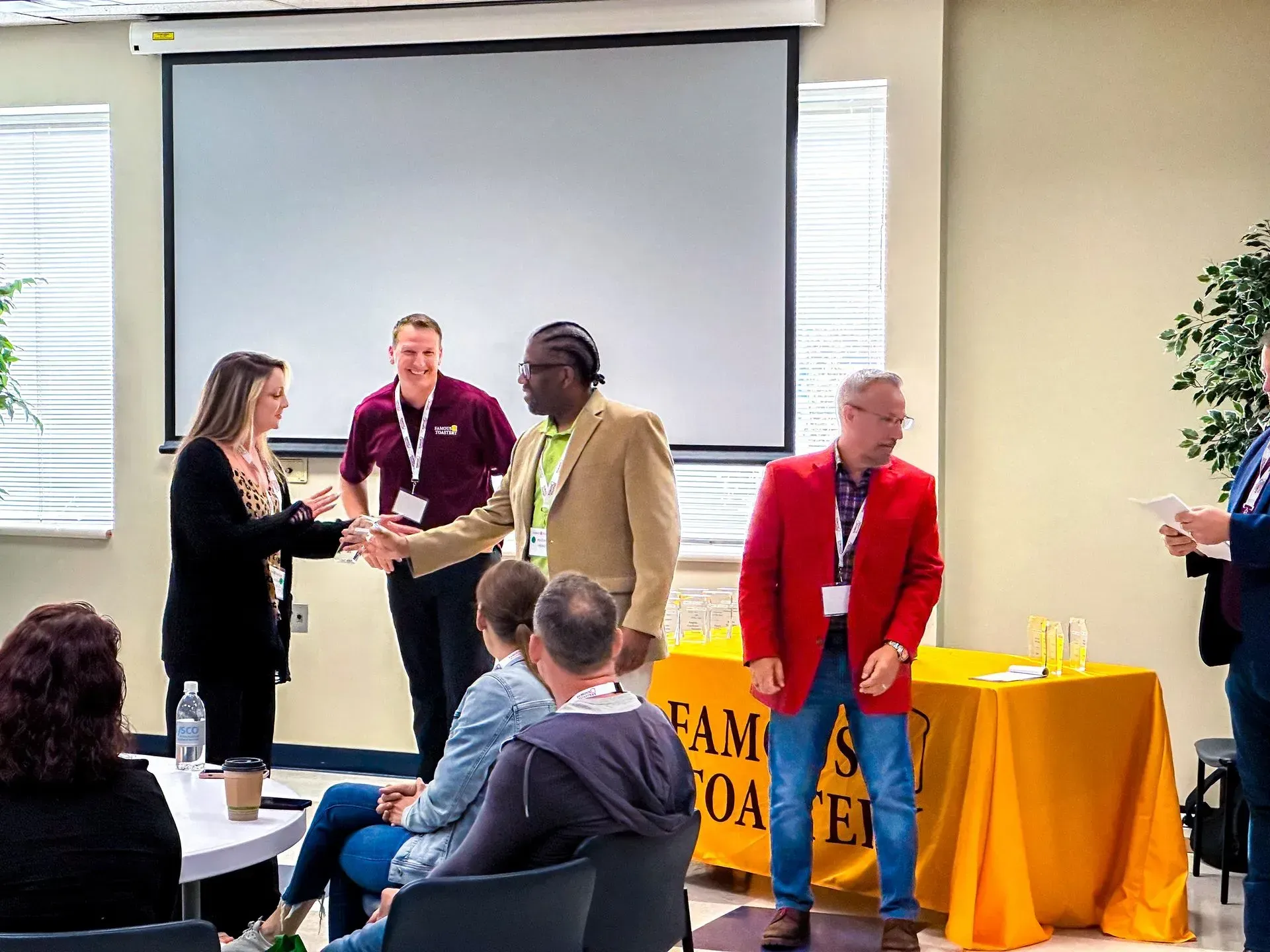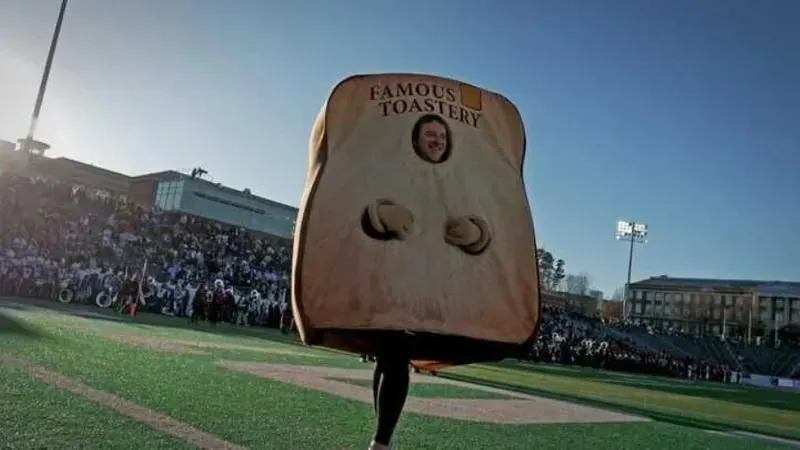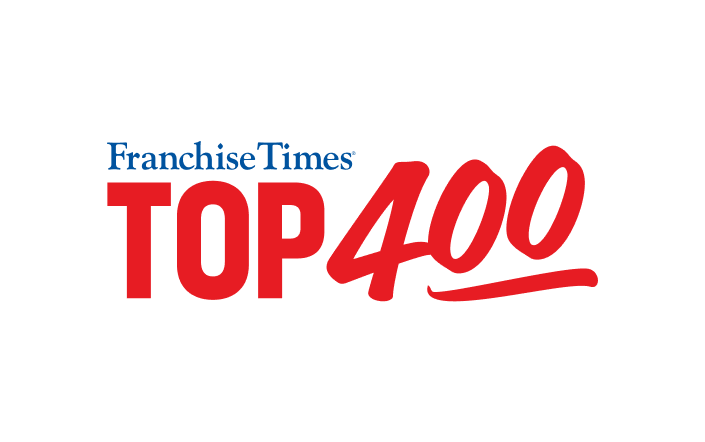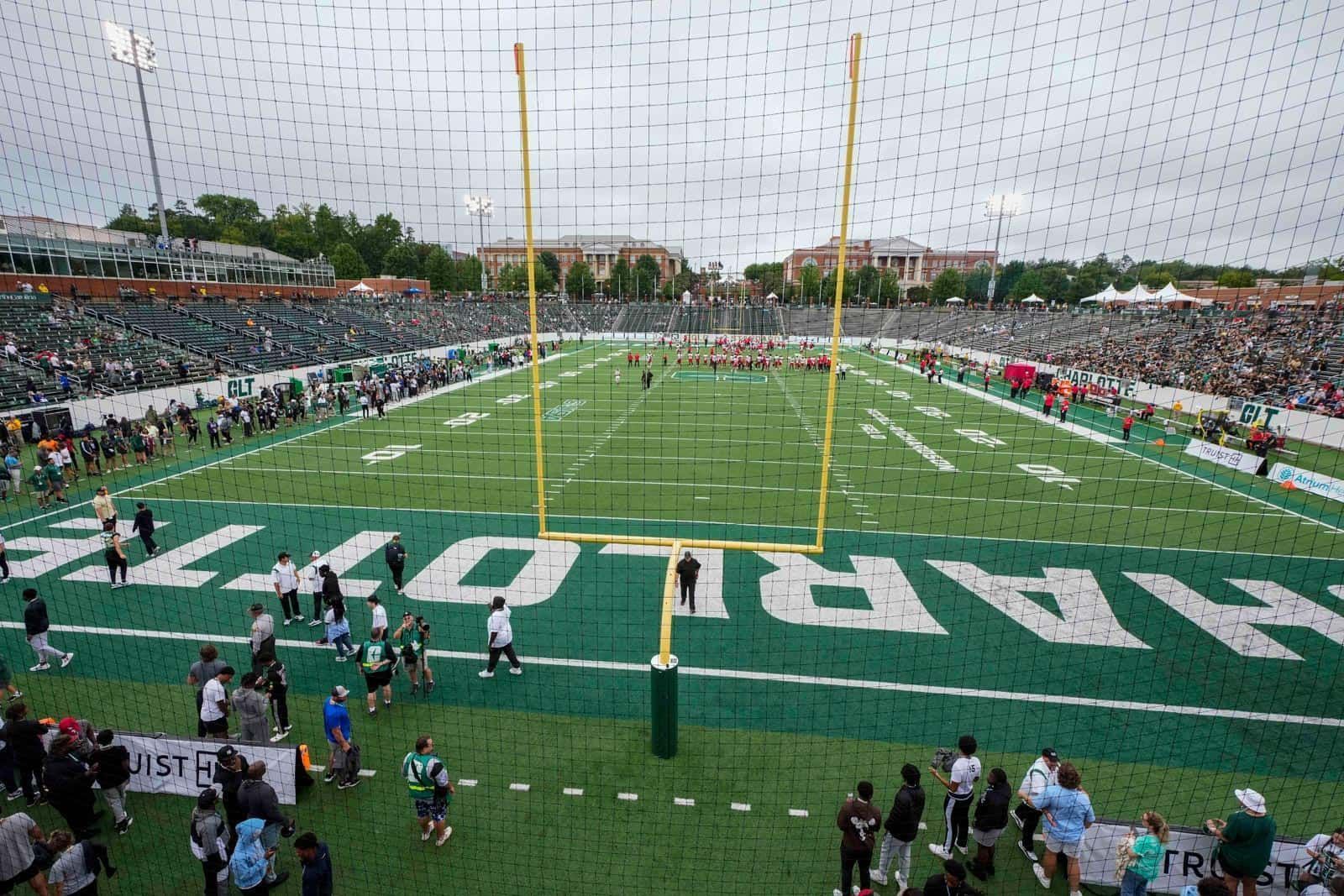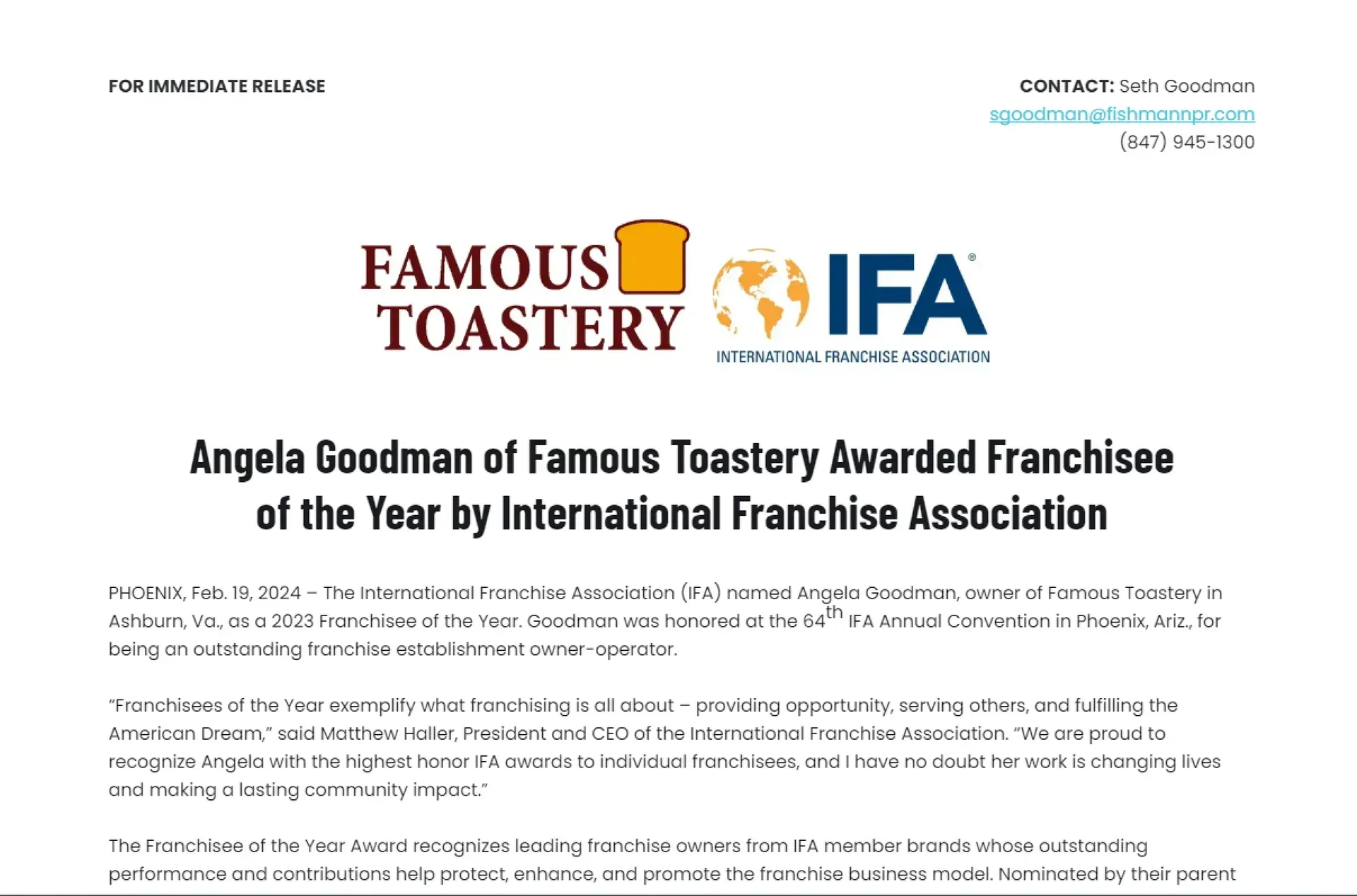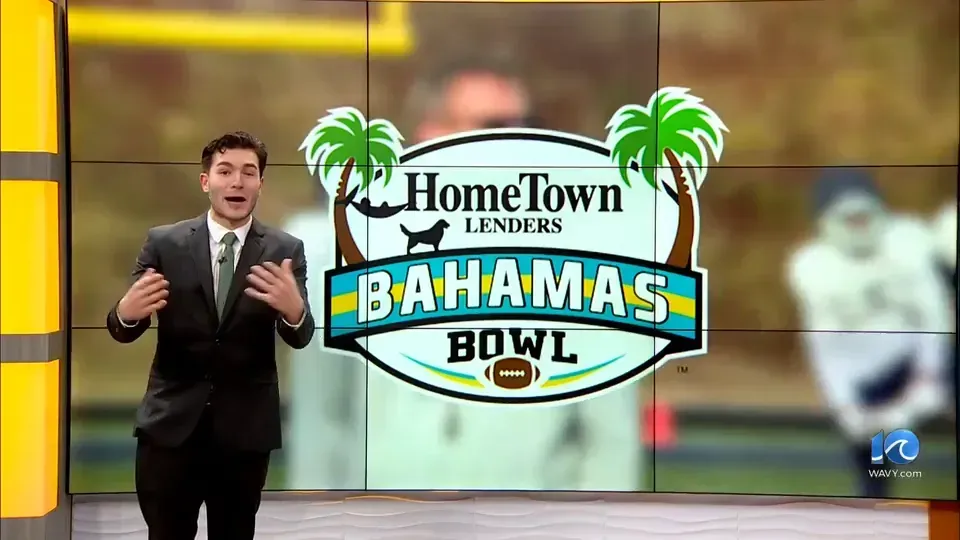Famous Toastery Boosts Its Brand With A College Bowl Game
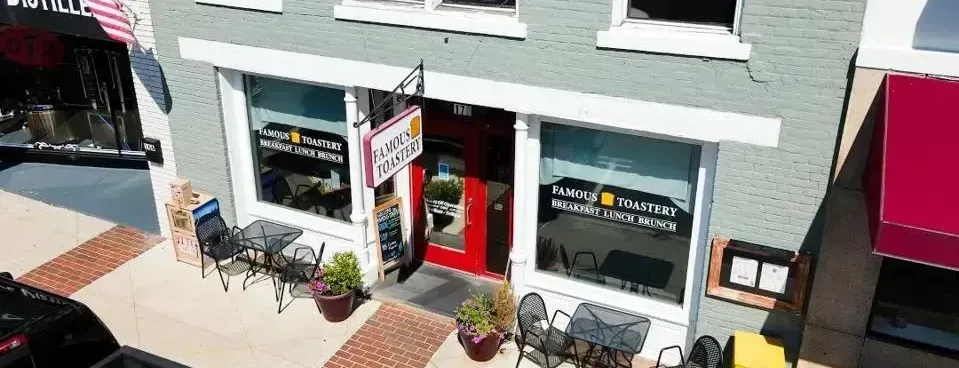
Famous Toastery, with 24 locations, has raised its profile by sponsoring the college football, Famous Toastery Bowl, in Charlotte. Pictured is its Mooresville, N.C. location.COURTESY OF FAMOUS TOASTERY
A recent sports article in The Athletic (owned by the New York Times NYT +0.7%) highlighted the slew of sponsored college bowl games that have sprung up over the years that sound more like advertisements than sporting events including Duke’s Mayo Bowl, the PopTarts Bowl and Cheeze-It Citrus Bowl. From that one bowl game, Duke’s Mayonnaise said it generated 35 million social media impressions and attracted nearly 2.7 million viewers.
And on December 18 came the Famous Toastery Bowl, representing the restaurant chain Famous Toastery that owns 24 locations, with 17 franchised and 7 company-owned. It’s a breakfast and lunch eatery, which closes at 3 p.m. and launched in Huntersville, N.C., outside of Charlotte, in 2005. Its located in three states, North Carolina, South Carolina and Virginia.
Since it doesn’t serve dinner, it competes against other breakfast, brunch and lunch chains such as First Watch and Snooze A.M.
At the Famous Toastery Bowl, Western Kentucky beat Old Dominion University in a thrilling game, 38 to 35, by kicking a field goal in overtime at Jerry Richardson Stadium in Charlotte, N.C.
Famous Toastery started its corporate involvement by sponsoring Michael McDowell, a Daytona 500 NASCAR racer. McDowell introduced them to ESPN, which was looking for a sponsor after the Bahamas Bowl was cancelled.
Going From Regional to National
Mike Sebazco, the president of Famous Toastery, seized on the opportunity to get its name associated with an ESPN broadcast. “Our goal was to take Famous Toastery from a regional name to a national level,” he explains. Asked how much Famous Toastery paid to sponsor the game, he declines to disclose that sum.
Several Bowl Game Benefits
Sebazco says it achieved several goals in sponsoring that college football bowl including: 1) Raising its brand’s visibility, 2) Familiarizing people with Famous Toastery who didn’t know the brand, 3) Helping increase franchise development by luring in new franchisees, 4) Intensifying its national visibility because of ESPN’s massive presence and help it extend to new markets.
A breakfast and lunch eatery, Famous Toastery has uplifted its brand by associating with a college football bowl, mirroring brands such as Pop Tarts and Cheeze-It.
Asked the bowl’s effect on the brand, Sebazco noted that via all of its social media platforms including Instagram, Facebook and Twitter (now called X), it generated one million impressions in December, a 10% spike over November. Sales at Famous Toastery locations that month increased by 5%.
Sponsoring a bowl game exceeds the reach of targeted ads on Facebook or TikTok, which many regional restaurant chains employ. Sebazco said that most social media ads reach “people that already follow you. With this bowl game, we were able to reach a national audience for three hours straight, from branding on the field and commercials, to our national trophy presentation.”
Social media impressions flick by in a fleeting way. With the bowl competition, he expected that the “buzz would continue after the game.”
He hopes it will attract more potential franchisees. “We expect that increased name recognition and credibility will help expand our reach beyond our current markets,” he says
Sebazco describes the core menu at Famous Toastery as “fresh, daily breakfast and lunch items whether you’re having brunch with family, breakfast with co-workers or lunch with friends.”
Its three most popular items selected include: 1) The blah-blah-blah omelet, based on three selected items, 2) Breakfast combo of flapjack or French toast with two eggs any style, 3) Its Famous Toastery Bowl, which are two eggs done “your way” with a choice of sausage gravy or hollandaise served over potatoes.
It also generates about 15% of its overall revenue from off-premises sales including using most third-party deliverers and its own to-go orders via its own app.
Why Its Business Model Resonates with Franchisees
Furthermore, Sebazco notes that the breakfast and lunch business model works well for many franchisees because “it’s a one-shift model. They get to have a life after closing their doors for the day.” So it eliminates the dinner shift and late nights and establishes better work-life balance.
In 2024, it plans on extending its boundaries beyond its three existing states, and opening its first locations in Florida, starting in Jacksonville and then adding four more.
Asked the three keys to its continued success, Sebazco replies: 1) Choosing the best ingredients in the space, 2) Creating a community for guests to gather in, 3) Being a reliable partner to staff, guests, and local charities.
RELATED POSTS

